I need help with…
Bullying
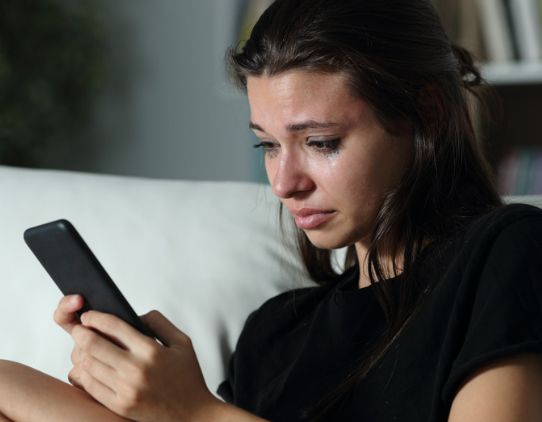
What is bullying?
This is the Anti-Bullying Alliance’s definition of bullying:
“The repetitive, intentional hurting of one person or group by another person or group, where the relationship involves an imbalance of power.”
People are often bullied because of a difference. That could be their race, religion, gender, sexual orientation, an aspect of their appearance, or something else. Bullying can be:
- Physical – for example pushing, kicking, hitting, biting, pinching.
- Verbal – for example teasing, belittling, spreading rumours, threats, sarcasm.
- Emotional – for example ridicule, humiliation, threatening gestures, intimidating, excluding and isolating others, manipulation and coercion.
- Sexual – for example unwanted physical contact, inappropriate touching, abusive comments, homophobic abuse, exposure to inappropriate films.
- Online/cyber – for example posting on social media, sharing photos, sending nasty messages, social exclusion.
Disagreements and falling out are a normal part of relationships, whether that’s in your relationships with your friends and family, at work with neighbours or with people who are paid to help take care of you.
It can be difficult and upsetting, and sometimes it can be hard to tell when the way someone is treating you crosses the line from disagreement to become bullying.
Some of the key differences are that bullying is something which happens repeatedly, and one person usually has power over the other person, for example your manager at work.
What to do if you are being bullied
If you feel able to, talk to someone who you trust. Keeping a record of what has been happening will help anyone trying to support you with the bullying to understand, and to be able to do something about it.
Don’t be tempted to get back at someone – you could get hurt or get yourself into trouble. While the bullying is still going on, it is important to look after yourself and try to remember you deserve to be cared about and treated with respect. Spend as much time as you can with people who make you feel good about yourself.
If you think you might be experiencing domestic abuse, please check our relationships page.
Take a look at this video from the BBC about how to tell if you’re being bullied at work:
Get Help Now!
Here are a list of services that can help. The icons below tell you the type of support available.

National Bullying Helpline

Nottingham and Nottinghamshire Talking Therapies

base 51
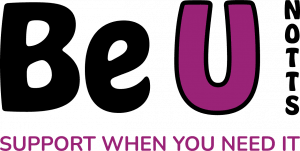
Be U Notts
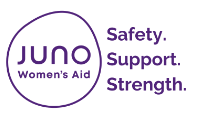
JUNO

Nottinghamshire Women's Aid
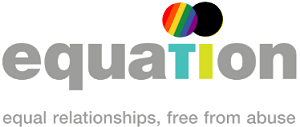
Equation

NIDAS (Mansfield and Ashfield)

Refuge

Talkzone
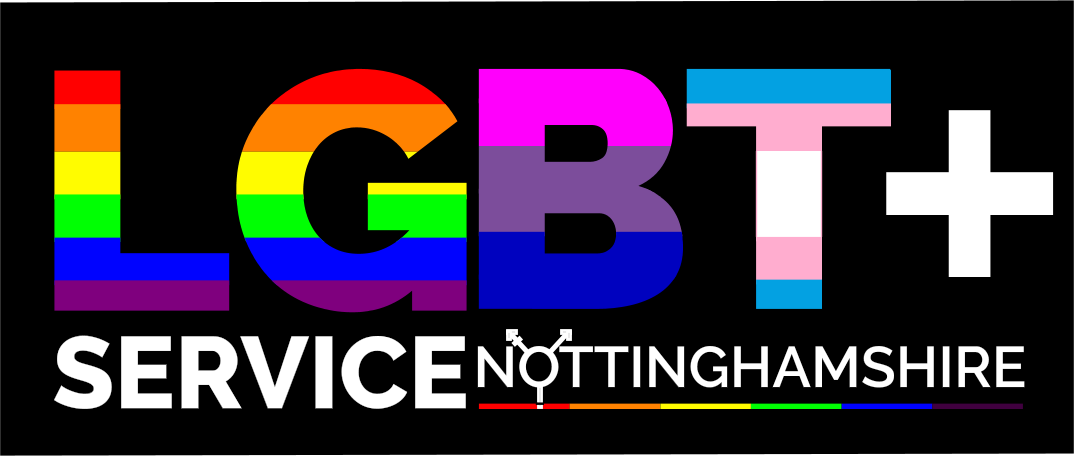
LGBT+ Nottinghamshire
Which services can I access?
Some of the services available operate only within city or the wider county area. Pop your postcode in below to quickly check which services are available to you
Related topics
-
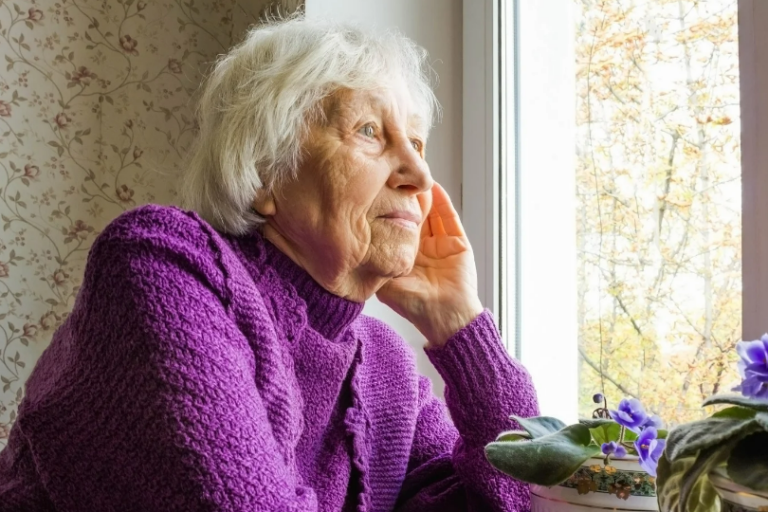
Loneliness and Isolation
Loneliness and social isolation can affect us all at some point in our lives. Being alone and feeling lonely are different things.
-
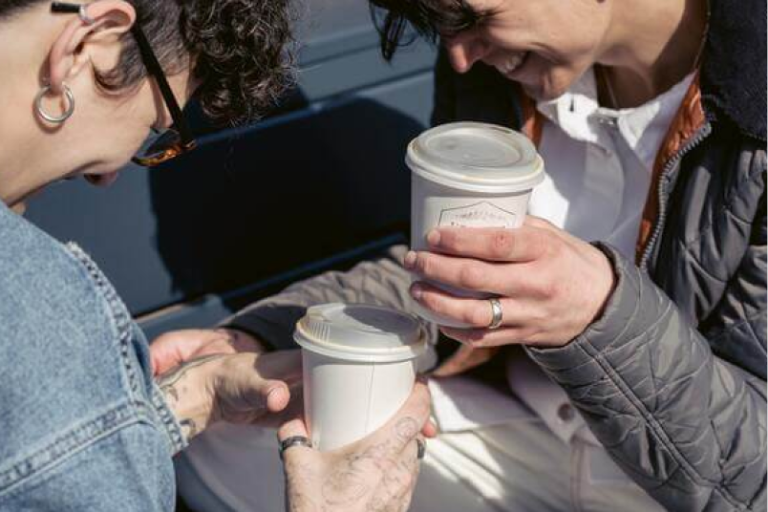
Relationships
Our relationships with other people are important for our mental health.
-

Identity
Your identity is the unique things about you that make you who you are. Identity can mean different things to different people.
-
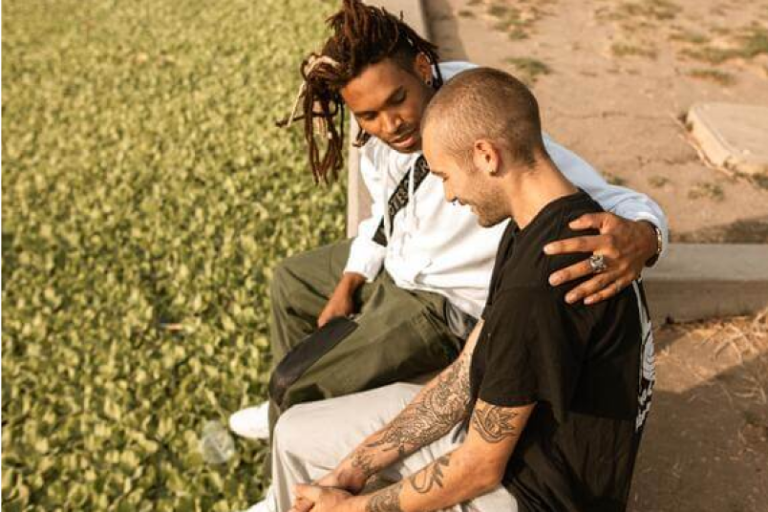
Suicidal Thoughts
Many people have thoughts about suicide at some point in their life. If you are having thoughts about suicide or harming yourself, help is available.